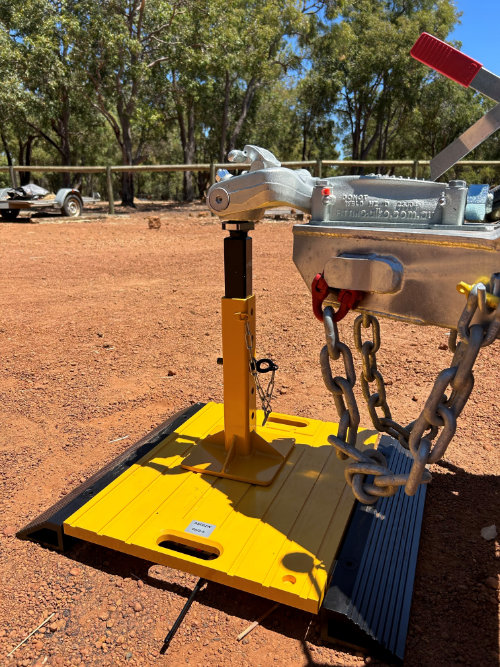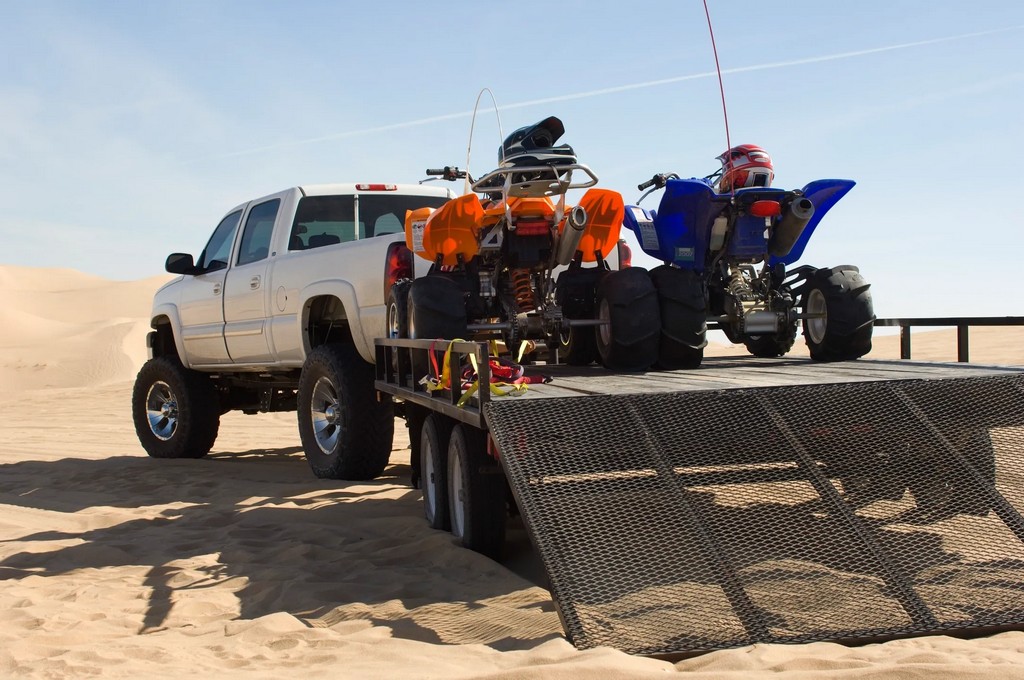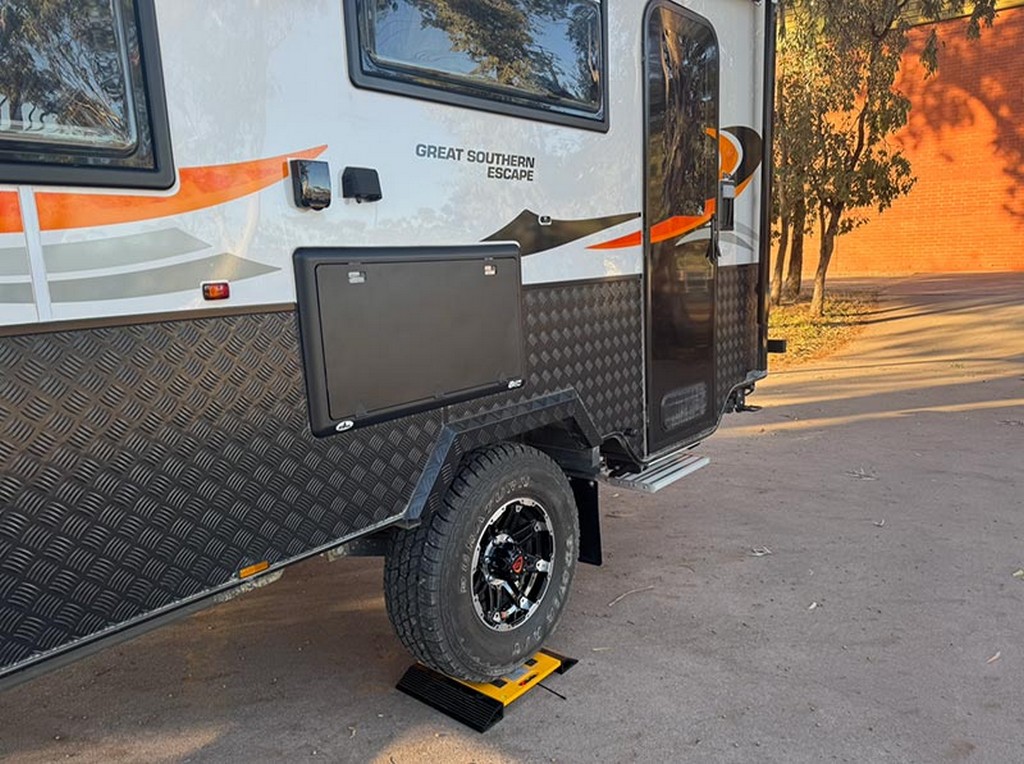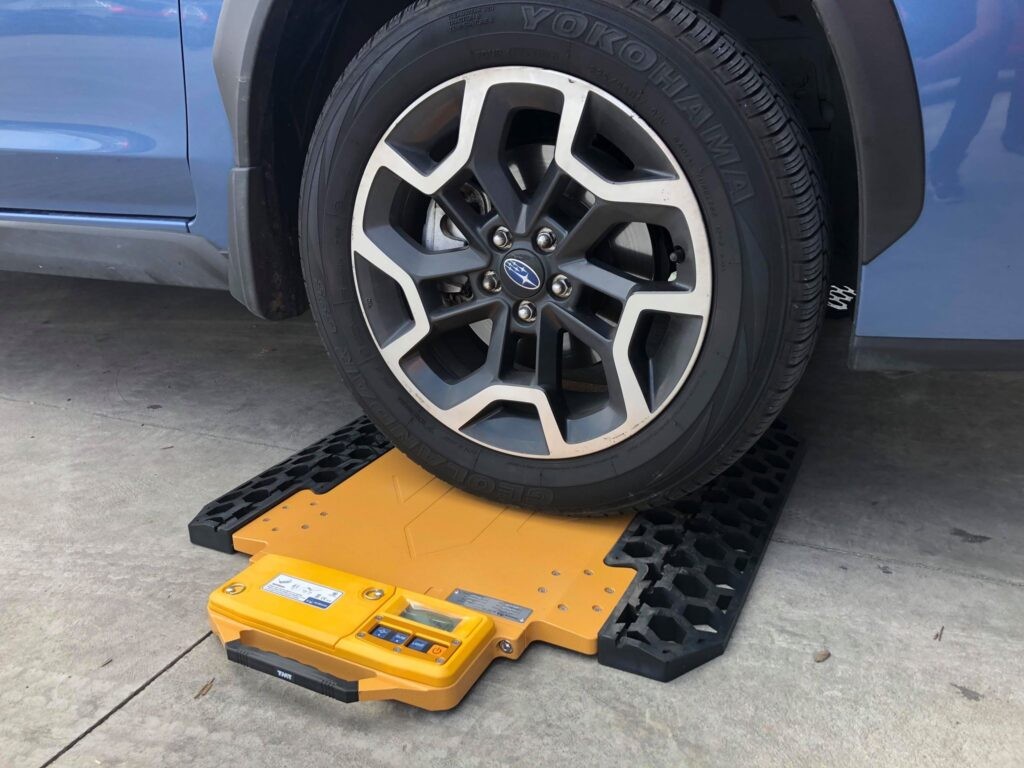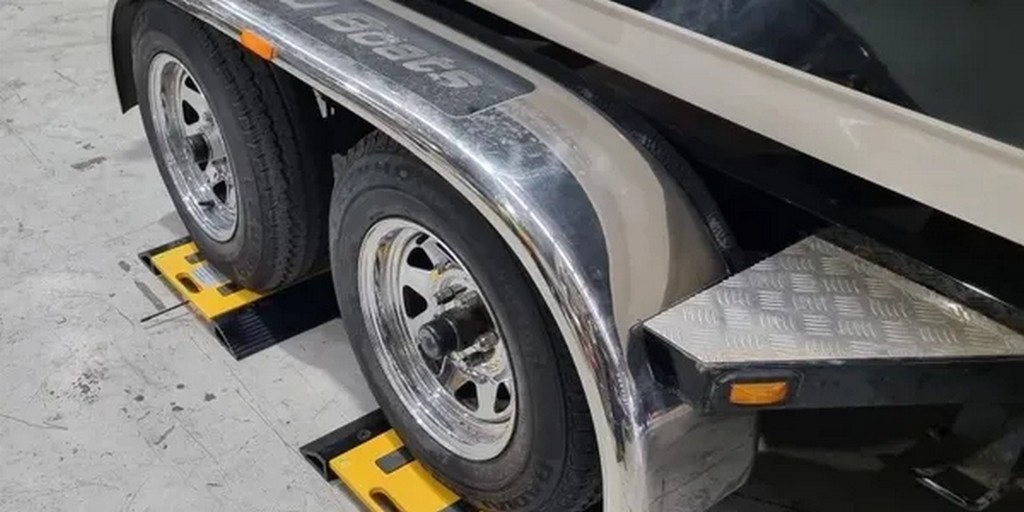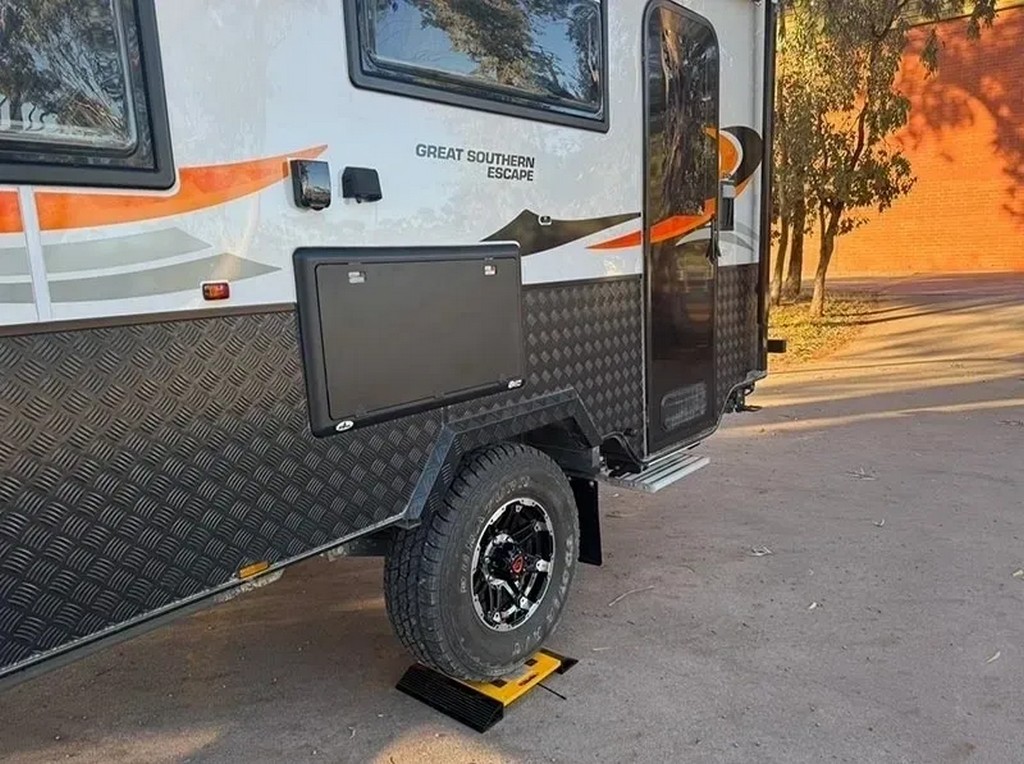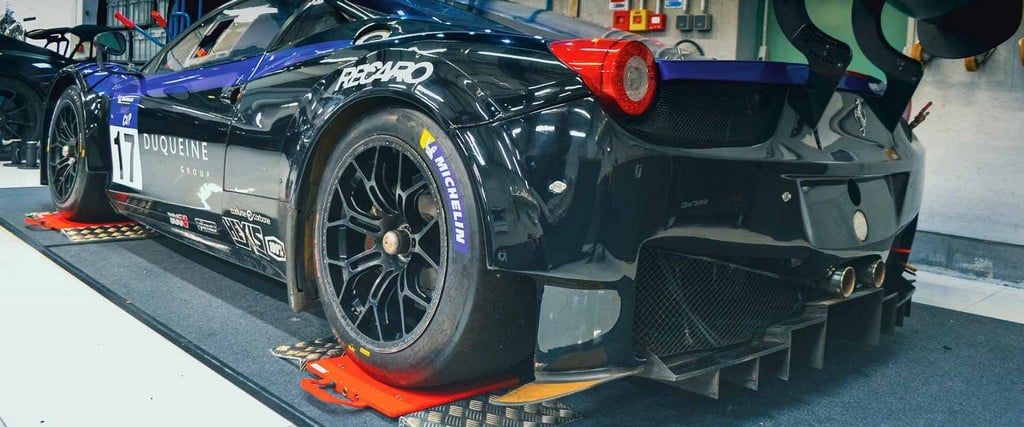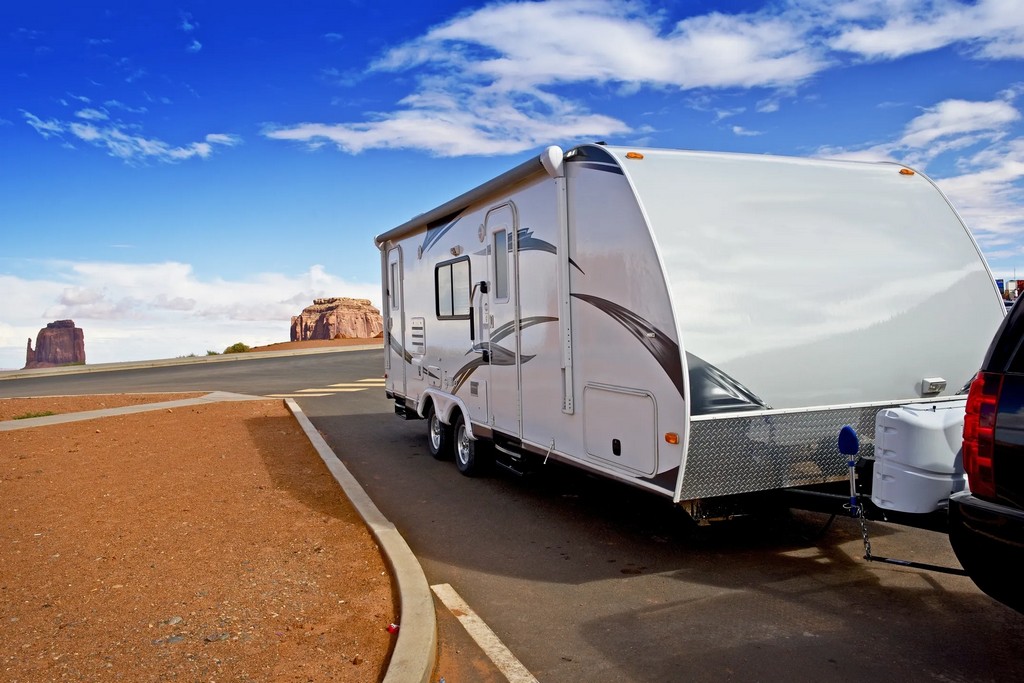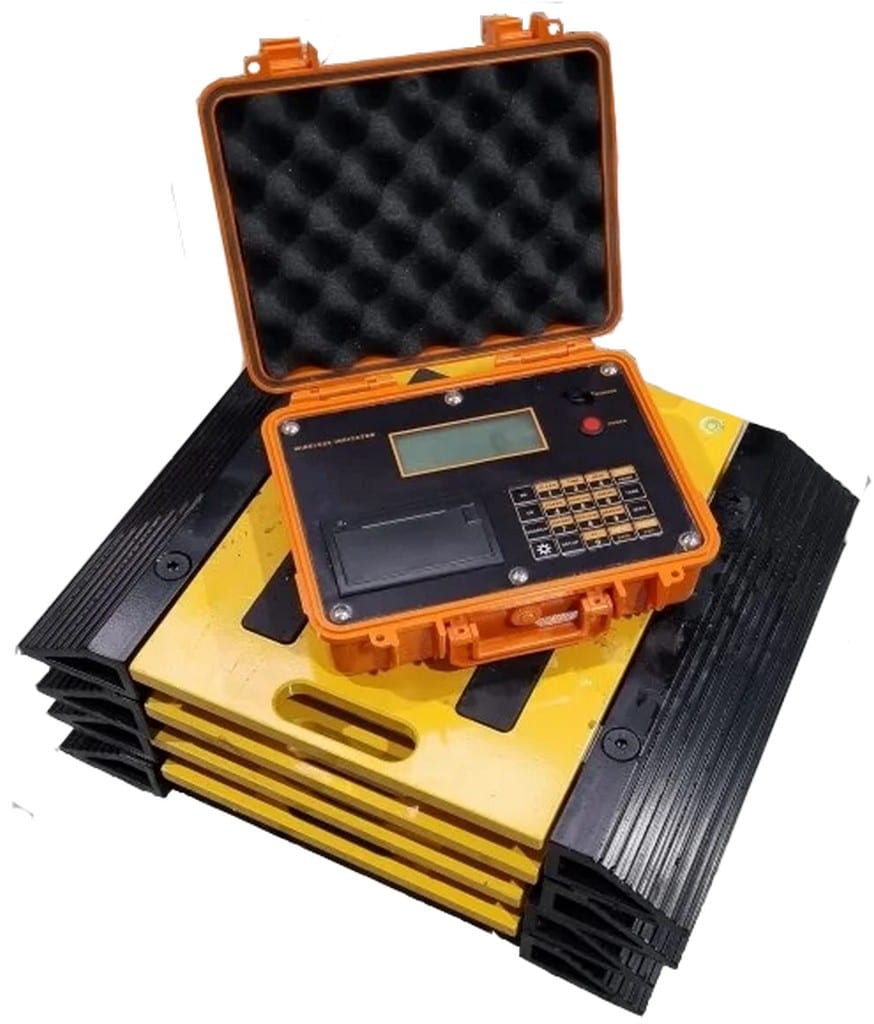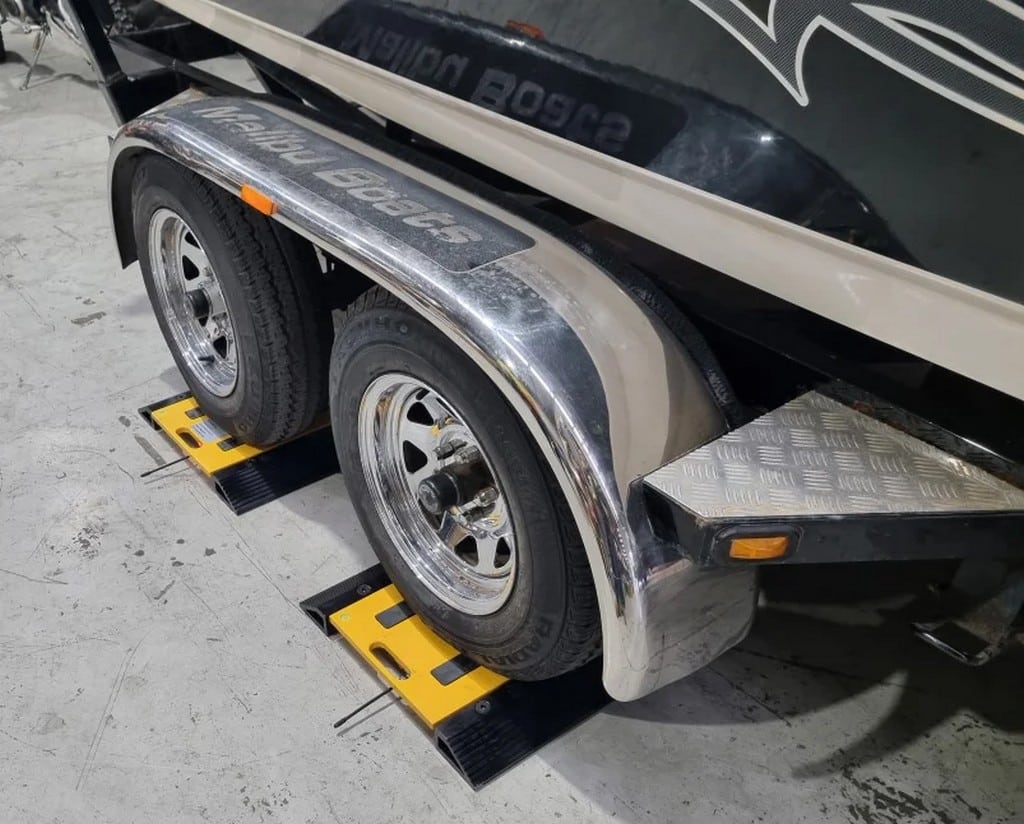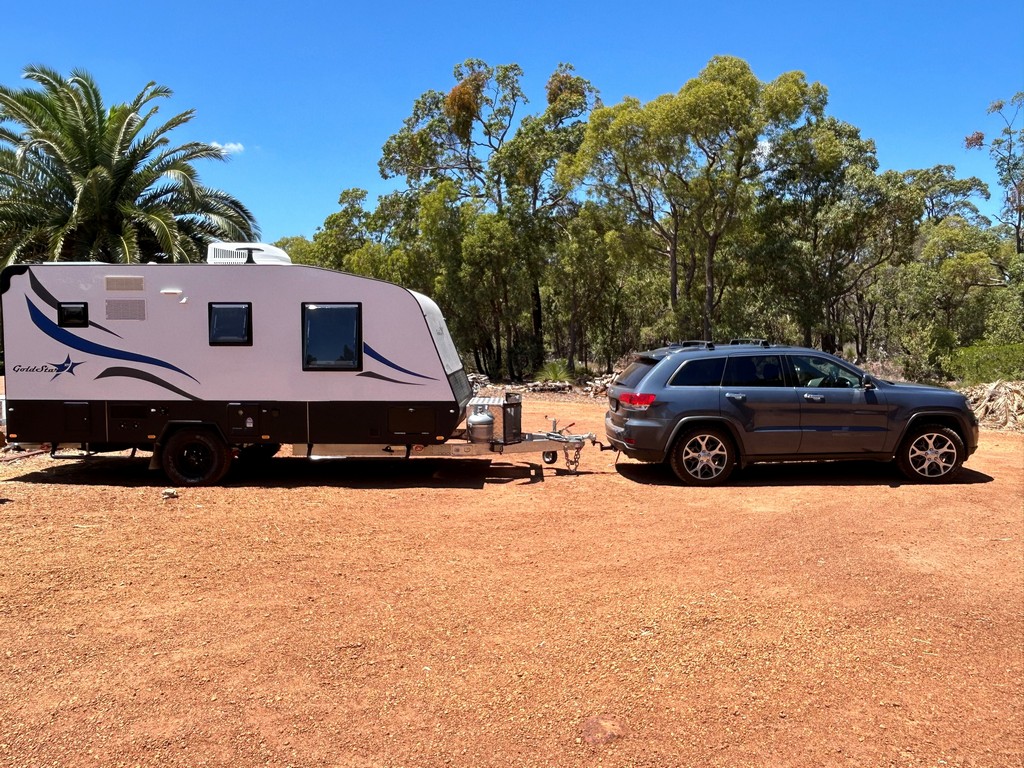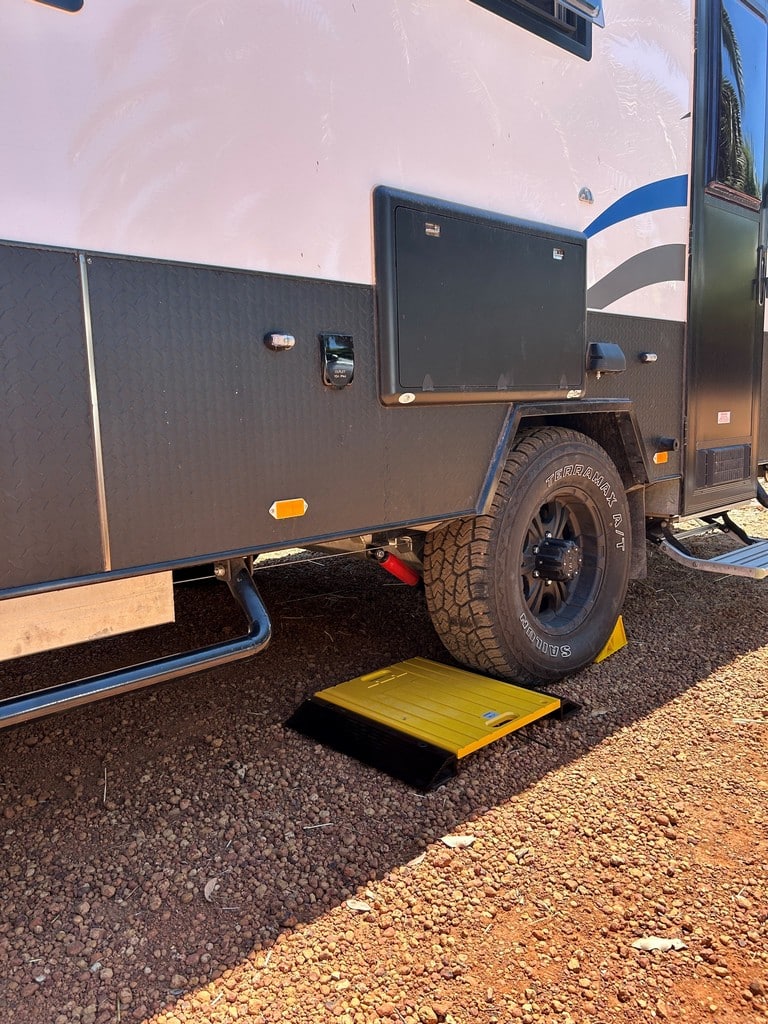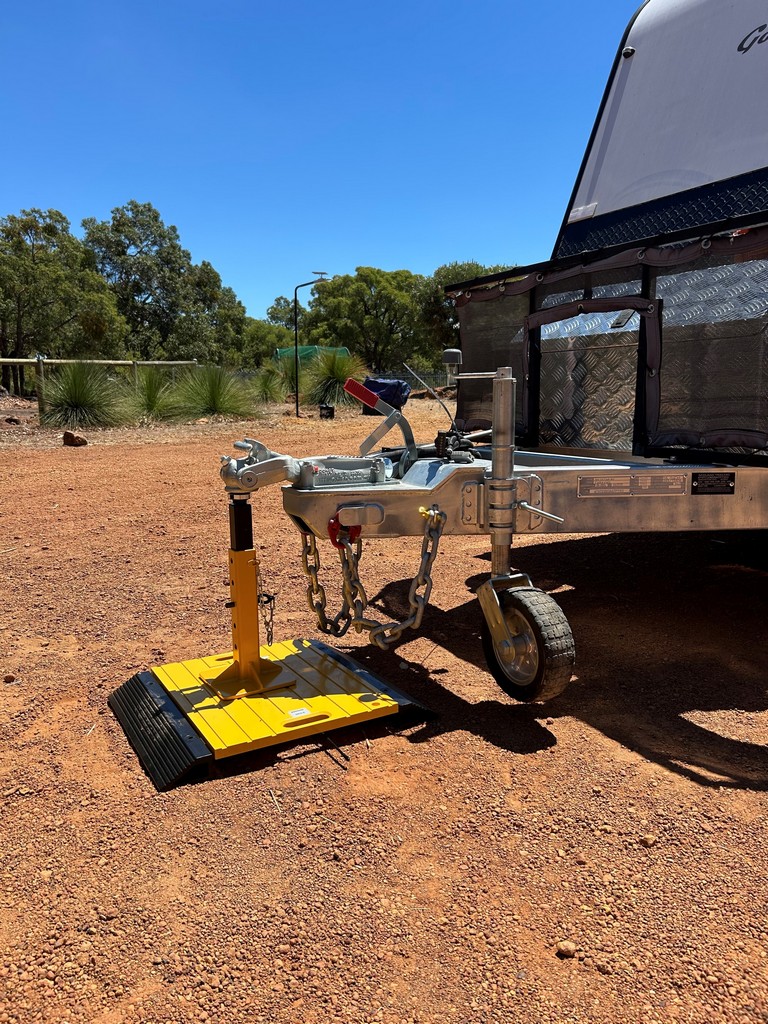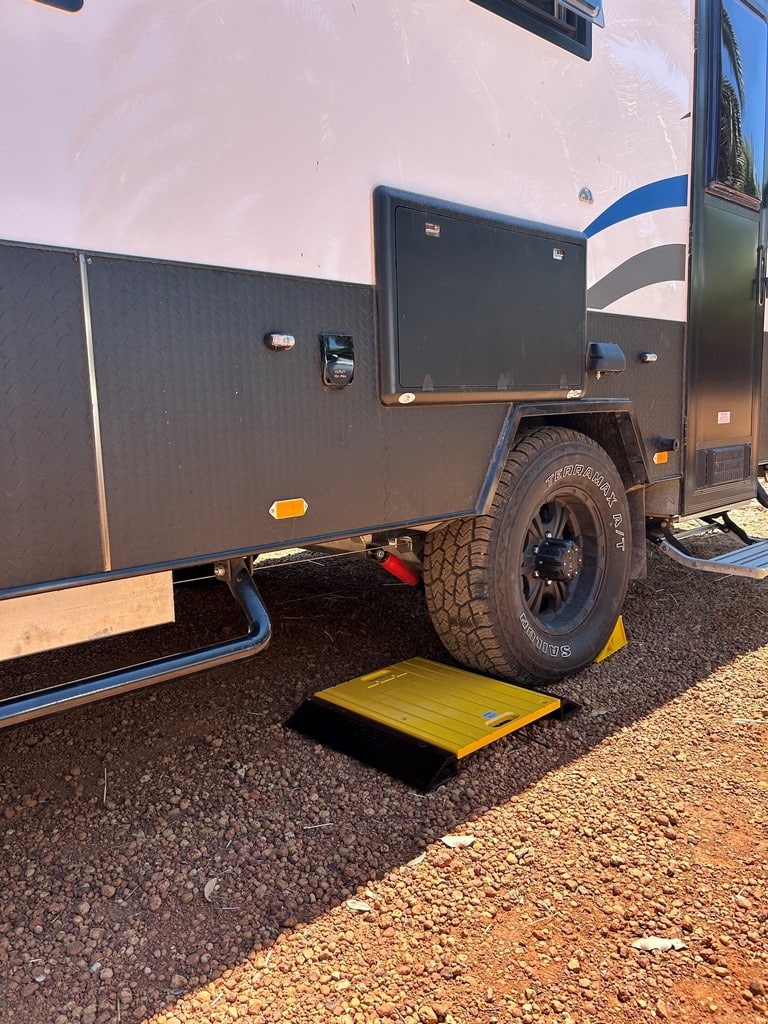It’s a common misconception that owning a large vehicle like a Nissan Patrol or Toyota LandCruiser guarantees you can safely and legally tow a big caravan. The reality is, even these powerful vehicles can exceed their towing capacity, putting you at risk of towing illegally. Staying within legal weight limits involves more than just engine size—it’s about understanding all the weight categories.
At Quickweigh, we provide an in-depth, easy-to-understand report that includes:
- Gross Vehicle Mass (GVM): The legal maximum weight your tow vehicle can carry.
- Gross Trailer Mass (GTM): The weight of your fully loaded trailer or caravan when hitched to the vehicle.
- Aggregate Trailer Mass (ATM): The maximum weight of your caravan when fully loaded and unhitched.
- Gross Combined Mass (GCM): The total weight of your tow vehicle and trailer combined.
- Tow-ball Mass (TBM): The load exerted on your tow vehicle’s tow ball.
- Wheel Weights: The exact weight on each wheel for proper balance.
- Axle Weights: The load carried by each axle.
- Available Payload (Tow Vehicle): How much weight you can still safely add to your vehicle.
- Available Payload (Trailer): How much more can be loaded onto your trailer or caravan without exceeding limits.
With this detailed information, you’ll know exactly where your setup stands and how to distribute weight effectively to stay within legal and safe limits.
Overloading isn’t just a matter of fines; it’s a serious safety hazard that puts you and others on the road at risk. Overloaded vehicles are also classified as unroadworthy, which can void your insurance policy—leaving you unprotected in the event of an accident.
Quickweigh makes staying safe and compliant simple. We’re a mobile weighing service that specializes in caravans, tow vehicles, trailers, boats, cars, horse floats, tractors, earthmoving equipment and vehicles up to 10 tonnes. We come to you, ensuring your setup is road-ready and giving you peace of mind for your next journey.





